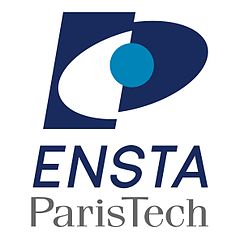Flowers Laboratory
FLOWing Epigenetic Robots and Systems
UAI-14 Interactive Learning from Unlabeled Instructions
We have a new paper accepted to the 2014 Conference on Uncertainty in Artificial Intelligence (UAI) to be held in July 2014 in Quebec, Canada. It is a joint work with Iñaki Iturrate (EPFL) and Luis Montesano (Univ. Zaragoza).
Abstract: Interactive learning deals with the problem of learning and solving tasks using human instructions. It is common in human-robot interaction, tutoring systems, and in human-computer interfaces such as brain-computer ones. In most cases, learning these tasks is possible because the signals are predefined or an ad-hoc calibration procedure allows to map signals to specific meanings. In this paper, we address the problem of simultaneously solving a task under human feedback and learning the associated meanings of the feedback signals. This has important practical application since the user can start controlling a device from scratch, without the need of an expert to define the meaning of signals or carrying out a calibration phase. The paper proposes an algorithm that simultaneously assign meanings to signals while solving a sequential task under the assumption that both, human and machine, share the same a priori on the possible instruction meanings and the possible tasks. Furthermore, we show using synthetic and real EEG data from a brain-computer interface that taking into account the uncertainty of the task and the signal is necessary for the machine to actively plan how to solve the task efficiently.




